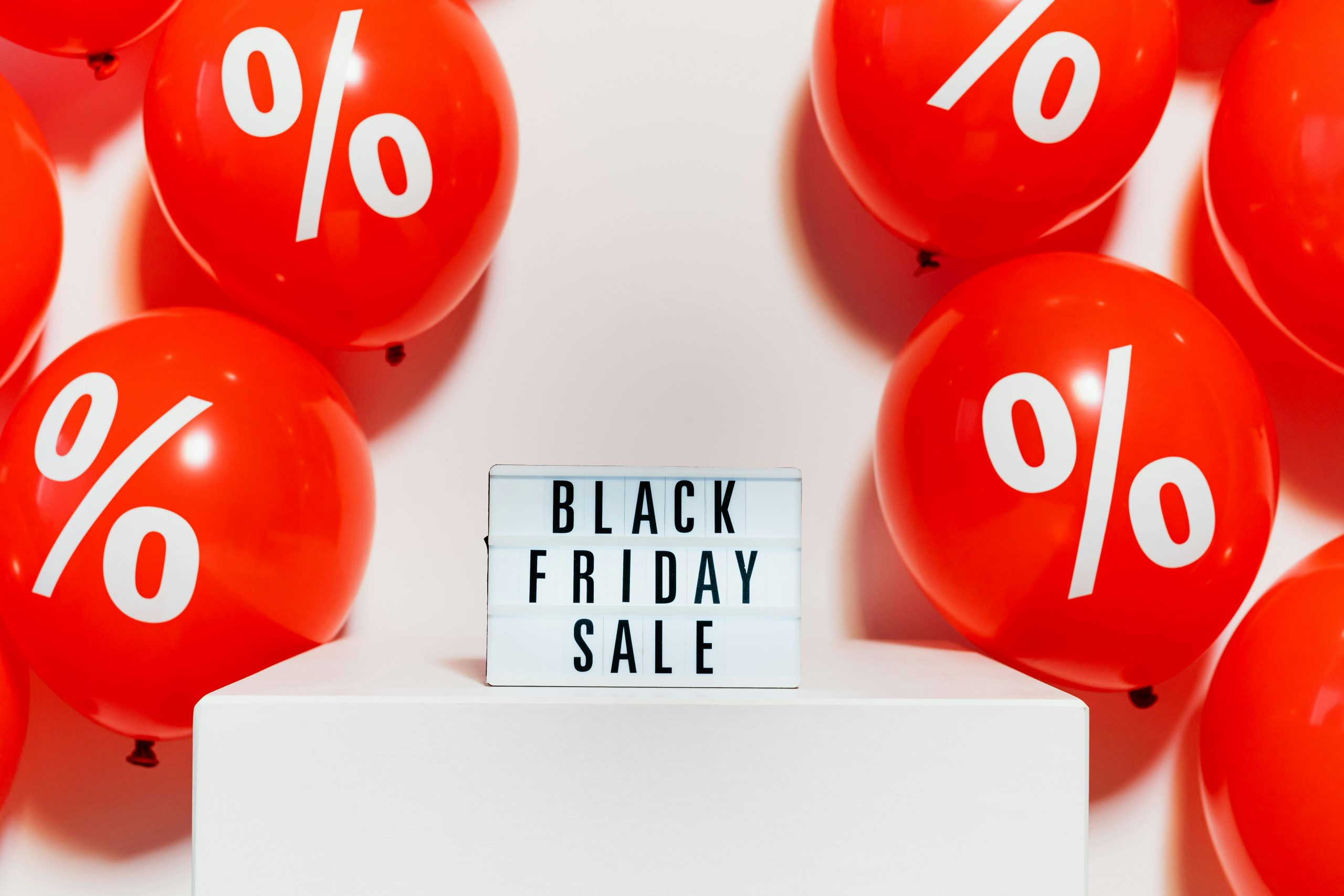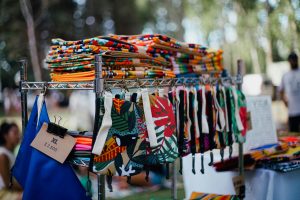Shopping Events Driving Record-Breaking Consumer Spending Numbers
Shopping events such as Black Friday, Cyber Monday, and Christmas are known to drive extreme excitement and enthusiasm among consumers all around the world. These highly anticipated shopping events have become a part of the consumer culture, as people eagerly wait for them to splurge on their favorite products at discounted prices. In recent years, these shopping events have been breaking records when it comes to consumer spending, and the trend is only expected to continue. In this article, we will explore how shopping events are driving record-breaking consumer spending numbers and what this means for the retail industry.
The Rise of Shopping Events
Shopping events have been evolving over the years, starting from the traditional “Friday after Thanksgiving” sales in the US, which later became known as Black Friday. These events have now spread across the globe, and virtually every country has its own version of these shopping extravaganzas.
One of the reasons for the rise of shopping events is the rise of e-commerce. With more and more people turning to online shopping, these events have become even more popular, as they offer the same discounts and deals to online shoppers as they do to in-store shoppers. This has made it easier for people to participate in these events from the comfort of their own homes.
The Impact of Shopping Events on Consumer Spending
Increased Sales and Revenue
Shopping events have become a crucial time for retailers to boost their sales and revenue. These events create a sense of urgency among consumers, who believe that they can only get these deals during this specific timeframe. As a result, retailers see a significant increase in their sales and revenue during these events.
According to Adobe Analytics, in 2020, Black Friday online sales hit $9 billion, with a 22% increase from the previous year. Similarly, Cyber Monday saw a 15% increase with online sales reaching $10.8 billion. These numbers clearly show the impact of shopping events on consumer spending.
Influencing Consumer Behavior
Shopping events also have a significant influence on consumer behavior. They create a sense of excitement and frenzy among shoppers, leading them to spend more than they usually would. The discounts, deals, and limited-time offers encourage consumers to make impulsive purchases, resulting in a sharp increase in consumer spending.
Besides, the rise of social media has made it easier for retailers to market their discounts and deals, further influencing consumer behavior. The fear of missing out on a good deal drives people to participate in these events, leading to record-breaking spending numbers.
The Future of Shopping Events
The success of shopping events has retailers and consumers alike eagerly waiting for the next one. However, with the ongoing COVID-19 pandemic and the economic uncertainty it has brought, many wonder if these events will continue to see record-breaking numbers.
While it is uncertain how these events will look in the future, one thing is for sure – shopping events are here to stay. As long as there is demand for discounts and deals, retailers will continue to offer them, and consumers will continue to participate in these shopping events.
A Shift Towards Sustainable Shopping Events
With the increasing concern for the environment, there has been a call for more sustainable shopping practices. Retailers are beginning to embrace this by promoting eco-friendly options and offering sustainable products during these shopping events. For instance, some retailers are choosing to donate a portion of their sales from shopping events to environmental causes or encouraging shoppers to opt for reusable bags instead of plastic ones.
Conclusion
In conclusion, shopping events have become a significant driving force behind record-breaking consumer spending numbers. They have not only boosted sales and revenue for retailers but have also influenced consumer behavior and created a culture of eager anticipation for these events. As we move towards a more digital world, shopping events are expected to continue to evolve, and retailers will need to adapt to sustain their success in this ever-changing retail landscape.










